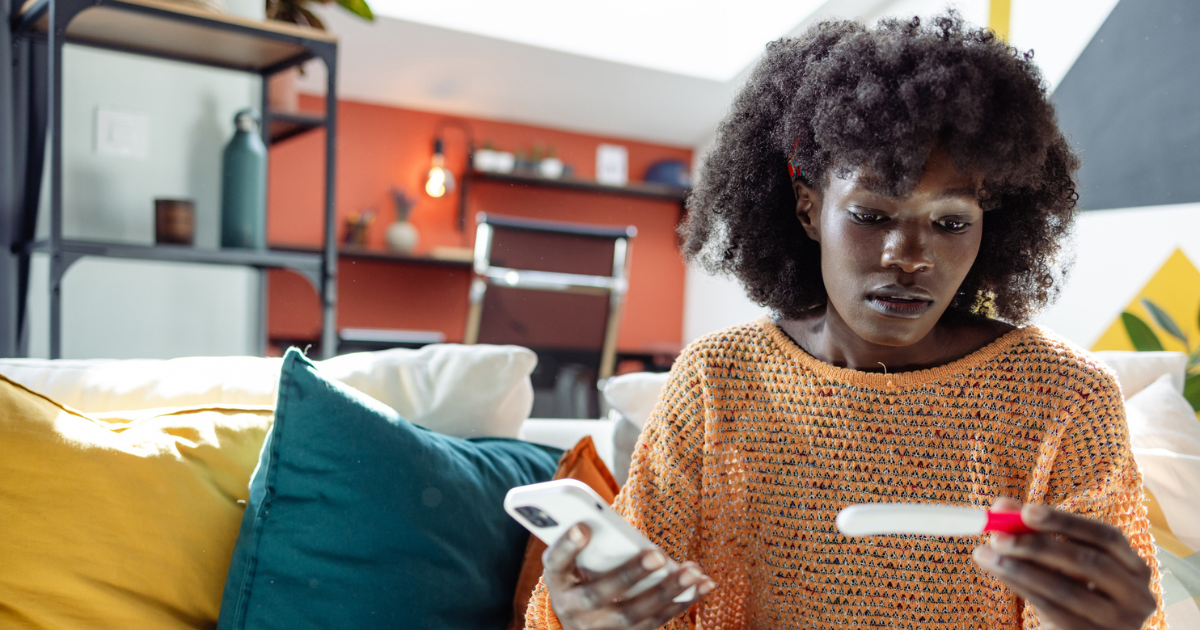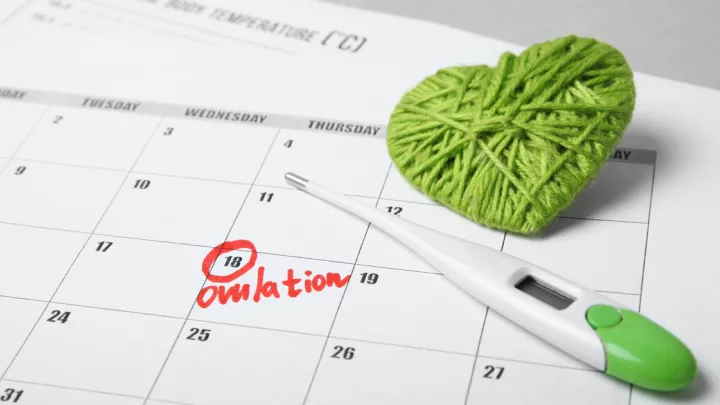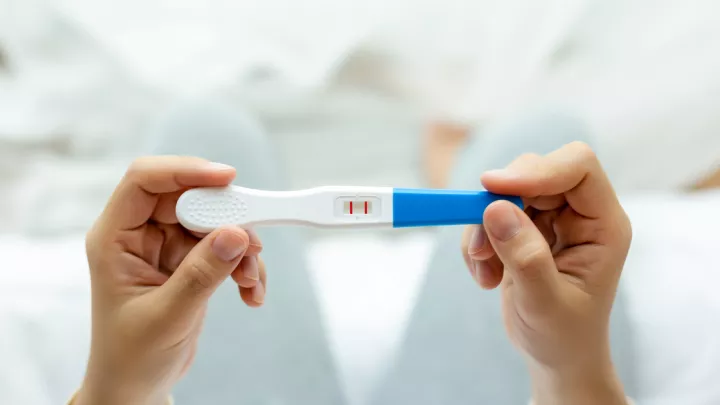Your guide to getting pregnant after stopping birth control

Deciding to start a family is a big step filled with excitement and change. If you've recently stopped using birth control to become pregnant, you might be curious about what happens next and how to boost your chances of conceiving.
In this article, we'll delve into the process of getting pregnant after stopping birth control, including tracking your cycle, signs of ovulation, when to seek medical help and useful tools to aid you in your fertility journey.
Understanding Your Body
After you stop birth control, your body needs time to adjust its hormone levels. It's normal to have irregular periods at first, but usually, things settle down within a few months. Be patient and give your body the time to find its natural rhythm again.
Tracking Your Cycles
To increase your chances of getting pregnant, start by tracking your menstrual cycles. Record when your periods start and end, along with any changes in cervical mucus or basal body temperature. There are many tools available to help, from smartphone apps to special fertility monitors.
Signs of Ovulation
Ovulation, the release of an egg from the ovary, is a key event in the conception process. By learning to recognize the signs of ovulation, you can pinpoint the most fertile days in your cycle and time intercourse accordingly.
Common signs of ovulation include:
- Changes in cervical mucus – Around the time of ovulation, cervical mucus typically becomes clear, slippery and stretchy, resembling raw egg whites.
- Rise in basal body temperature – Your basal body temperature increases approximately 0.5 degrees Fahrenheit one or two days after ovulation. To identify this post-ovulatory window, you must track your basal body temperature every morning before you get up and begin your day using a specific thermometer that can track increases in temperature by one-tenth of a degree.
- Mild cramps – During ovulation, some women experience mild cramping or discomfort called mittelschmerz. While mittelschmerz isn't harmful, it's always a good idea to discuss any pain or discomfort with your doctor to be safe.
Several tools can help you track your ovulation. These include:
- Ovulation predictor kits – These urine-based tests detect the surge in luteinizing hormone, or LH, that precedes ovulation, helping you identify your most fertile days.
- Fertility monitors – Advanced fertility monitors track hormonal fluctuations throughout your cycle and provide personalized fertility predictions.
- Charting – Keeping a detailed record of your menstrual cycles, BBT and other fertility signs on a chart or in a fertility tracking app can help you identify patterns and predict ovulation more accurately.
When to Seek Medical Help
If you've been trying to get pregnant for six to 12 months with no luck, it might be time to see a doctor. In general, you should seek help if:
- You're under 35 and haven't conceived after a year.
- You're over 35 and haven't conceived after six months.
- You have irregular periods or health issues that might affect fertility.
Starting a family after stopping birth control is a big adventure. By learning about your body, tracking your cycles and using available tools, you can boost your chances of getting pregnant. Remember to be patient, stay positive and don't hesitate to talk to a doctor if you have concerns. Every woman's journey to motherhood is different, but there's help and support along the way.








